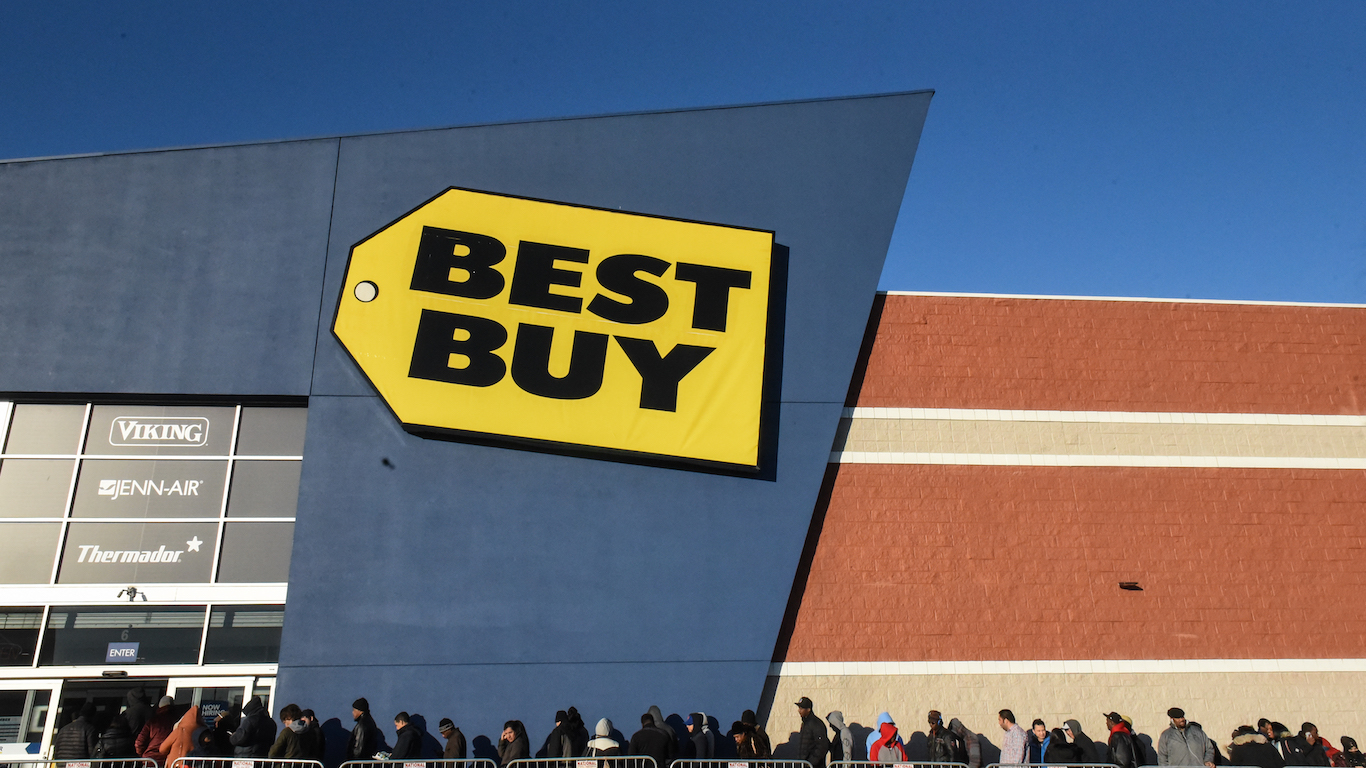 GE’s results were not terribly different from what Wall St. expected although revenue was on the low side. The conglomerate, however, could not get out of its own way as it reported mediocre results across most of its business. No matter how good the GE management is, the shape and type of its business is poorly suited to a recession and perhaps to the “new economy” as a whole.
GE’s results were not terribly different from what Wall St. expected although revenue was on the low side. The conglomerate, however, could not get out of its own way as it reported mediocre results across most of its business. No matter how good the GE management is, the shape and type of its business is poorly suited to a recession and perhaps to the “new economy” as a whole.
GE announced second-quarter 2009 earnings from continuing operations of $2.9 billion, or $.26 per share attributable to common shareowners, down 47% from second quarter 2008. Revenue from continuing operations were $39.1 billion, down 17% year-over-year.
The guts of the report were worse than the top line indicates. GE’s large infrastructure units, the keys to the company’s performance, did badly. Energy infrastructure revenue was off slightly to $9.6 billion. At least operating income was higher by 13% to $1.8 billion. That was the extent of the good news for the quarter.
Revenue from technology infrastructure was down 11% to $10.6 billion. Profits for the business were down by the same amount.
NBC Universal profits took a bath, raising for the 1,000th time the question of why GE holds the unit. Segment profit fell 41% to $529 million. Revenue dropped 8%.
The capital finance operations of GE did as badly as expected, but at least did not post a loss. Profits from the unit fell 80% to $590 million. Revenue was off 29% to $12.8 million.
The only good thing to be said about the financial results is that they did not implode as some analysts had feared which means that GE’s stock will not go to $2, as one expert expected.
Douglas A. McIntyre
The Average American Has No Idea How Much Money You Can Make Today (Sponsor)
The last few years made people forget how much banks and CD’s can pay. Meanwhile, interest rates have spiked and many can afford to pay you much more, but most are keeping yields low and hoping you won’t notice.
But there is good news. To win qualified customers, some accounts are paying almost 10x the national average! That’s an incredible way to keep your money safe and earn more at the same time. Our top pick for high yield savings accounts includes other benefits as well. You can earn up to 3.80% with a Checking & Savings Account today Sign up and get up to $300 with direct deposit. No account fees. FDIC Insured.
Click here to see how much more you could be earning on your savings today. It takes just a few minutes to open an account to make your money work for you.
Our top pick for high yield savings accounts includes other benefits as well. You can earn up to 4.00% with a Checking & Savings Account from Sofi. Sign up and get up to $300 with direct deposit. No account fees. FDIC Insured.
Thank you for reading! Have some feedback for us?
Contact the 24/7 Wall St. editorial team.




